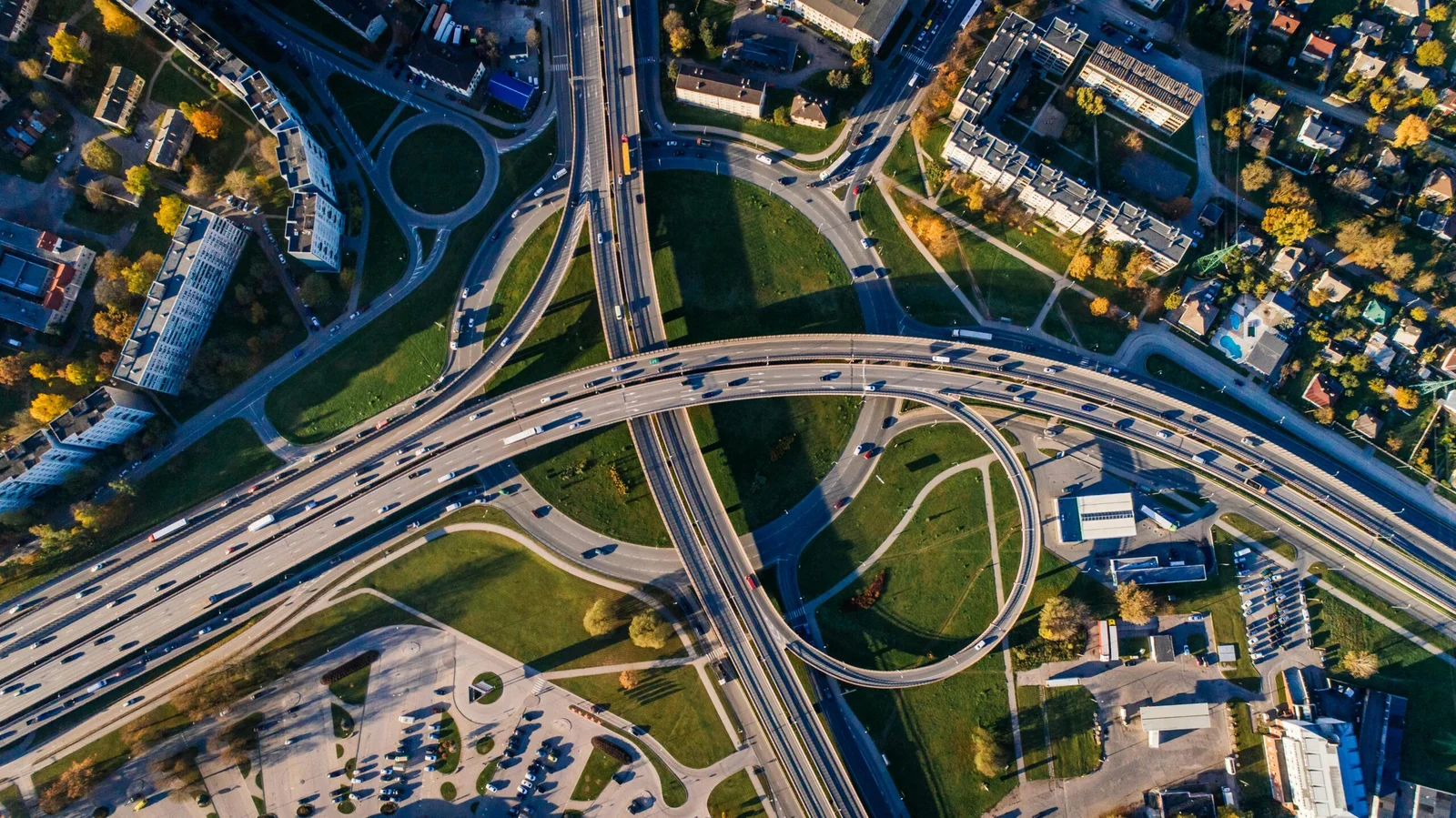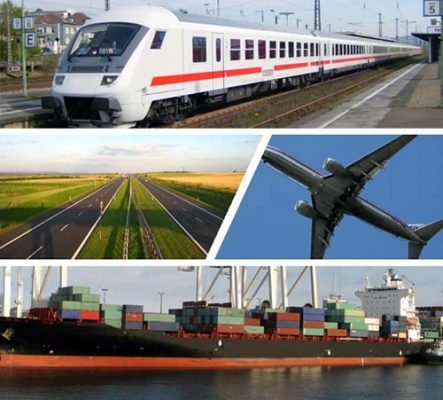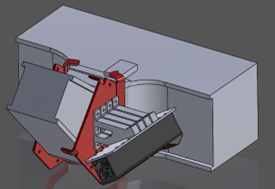
TRANSPORTATION SYSTEMS
Coordinator: Luís Picado Santos
This group is composed of 24 researchers (9 integrated PhD, 7 PhD collaborator, 8 PhD students) covering a broad range of topics, which include different fundamental transportation systems and cross-cutting related issues, such as:
Transportation Systems Research Group is active in the following domains of transportation systems:
- Regulatory and pricing policies and systems assessment
- Spatial mobility and transportation systems resorting to multiple levels and territorial scales of organization
- Optimal development, design and management of transportation infrastructures with a special emphasis on sustainable lifecycle perspectives
Through all thematic strands of CERIS, Transportation Systems Research Group
plans to:
- Establish the best platforms and approaches to develop sustainable policies (regulatory, pricing and evaluation) for the transportation systems
- Integrate public and private transportation modes and services under new types of sustainable mobility demands and business models
- Enhance innovation on infrastructure planning, design and technology for soft mobility
- Improve infrastructure systems development and management under new challenges such as automated mobility for cargo and passengers.
Transportation Systems Research Group made a considerable impact on specific topics such as:
- Regulatory and pricing policies and systems assessment
- Transport systems and policies for an ageing society
- Optimization and simulation of public transport operations under uncertainty for demand and risk analysis to support decision-making on investments
- Spatial mobility and transportation systems resorting to multiple levels and territorial scales of organization
- New types of integration of public and private transportation modes and services (among each type and across the types) supported by new business models and by appropriate ITS tools
- Tools and indicators for infrastructure planning, design and technology development to foster sustainable transport systems and reduce socio-territorial inequalities
- Optimal development, design and management of transportation infrastructures with a special emphasis on sustainable lifecycle perspectives
- Methodologies to predict degradation and improve maintenance, renewal and investment decisions within and across the different transport infrastructures
- Retrofitting transport systems: changing and adapting “old to like-new” transport systems to meet new performance standards while extending the existing ones





